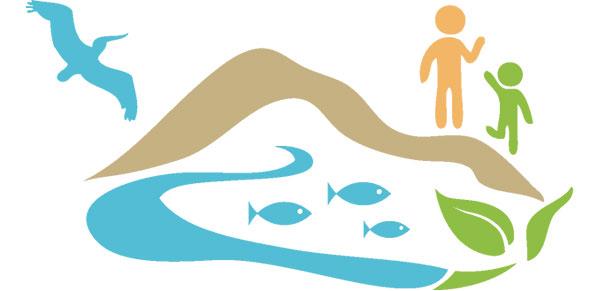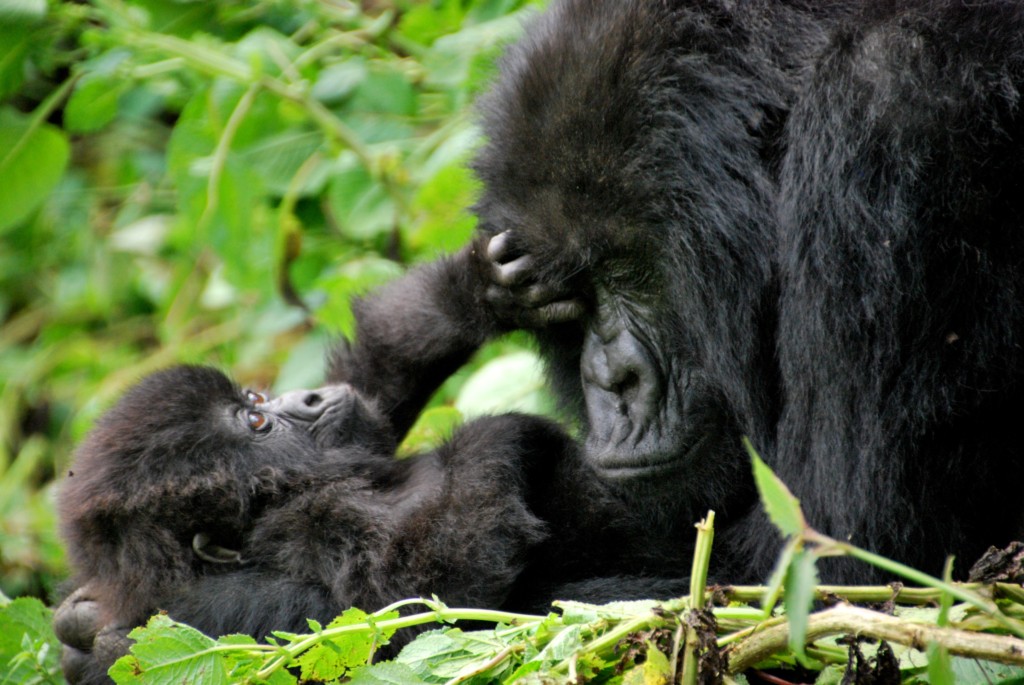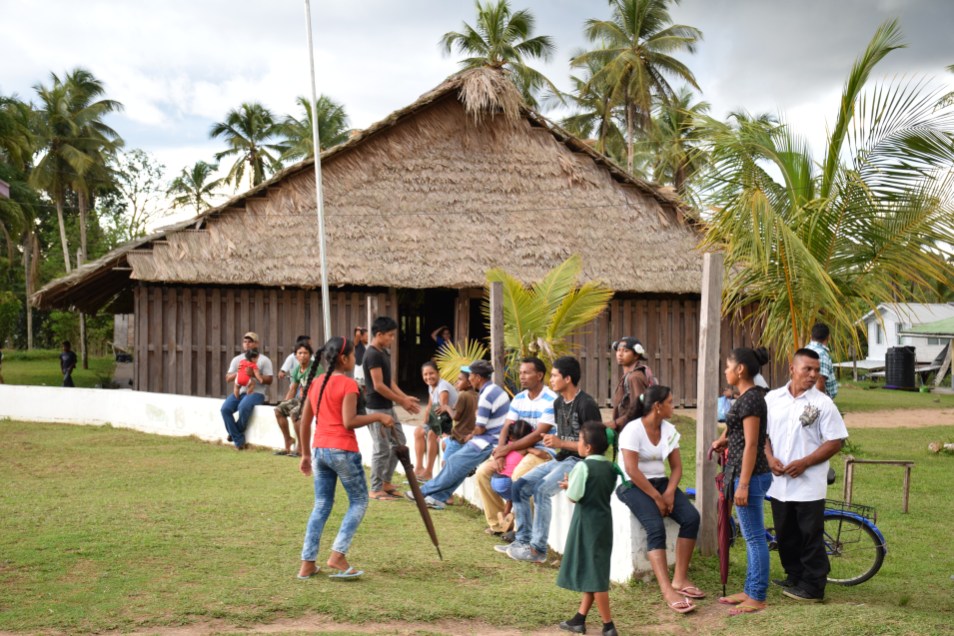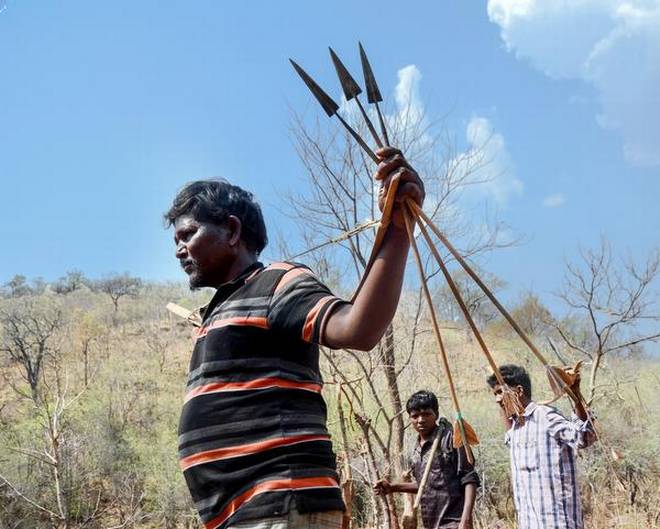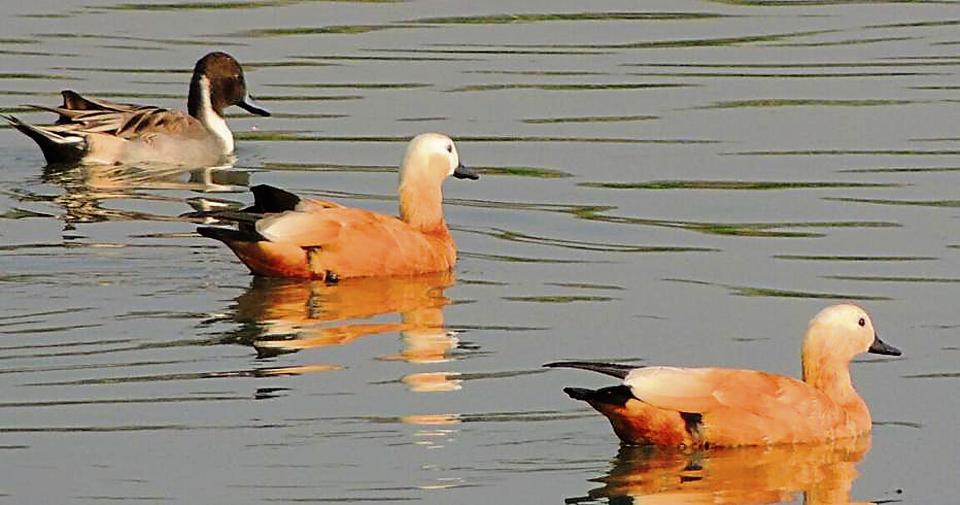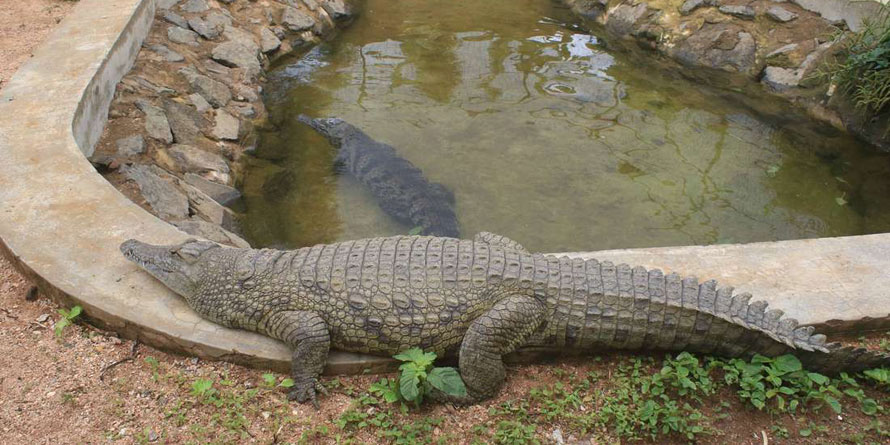Ecotourism and nature-based tourism
Scroll down for posts that have been tagged with “ecotourism and nature-based tourism”.
“Ecotourism is responsible travel to natural areas that conserves the environment, sustains the well-being of the local people, and creates knowledge and understanding through interpretation and education of all involved (visitors, staff and the visited)” ― Global Ecotourism Network, 2016; What is (and what isn’t) ecotourism.
Ecotourism is a type of tourism that has a very low impact on the natural surroundings. It aims to promote conservation and education, while providing visitors with an opportunity to experience unique natural landscapes and wildlife.
Ecotourism could be though of as a sub-category of nature-based tourism, which the Travel Industry Dictionary defines as: “Leisure travel undertaken largely or solely for the purpose of enjoying natural attractions and engaging in a variety of outdoor activities.” Nature-based tourism includes a wide range of outdoor activities, such as hiking, camping, birdwatching, and wildlife safaris, that are very much embedded within natural environments.
Both forms of tourism focus on exploring natural environments in a sustainable and responsible way, with the goal of preserving them for future generations.
Ecotourism and nature-based tourism are gaining popularity around the world. They provide opportunities for travellers to learn about local ecosystems and appreciate natural beauty. By engaging in responsible and sustainable tourism practices through ecotourism and nature-based activities, travellers can feel that they are protecting the environment (and supporting local communities). (Both types of tourism have the potential to offer significant benefits to local communities, as they offer incentives and opportunities for locals to conserve their natural resources for a sustainable economic benefit.)
Tags are informal; an afterthought to content creation. The “Good Tourism” Blog never gets bogged down with tagging accuracy or consistency. Feel free to comment on any post you think has been incorrectly or insufficiently tagged. “GT” encourages good-faith debate and discussion and appreciates helpful feedback.
